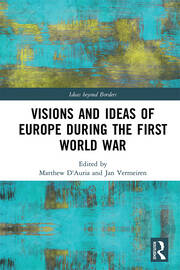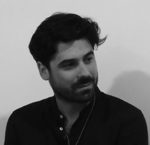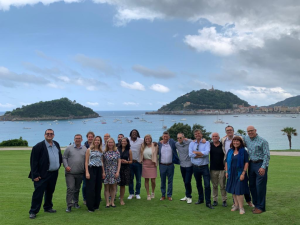1910-1919’, in Visions and Ideas of Europe during the First World War, eds. Matthew D’Auria and Jan Vermeiren, Abingdon-New York, Routledge, 2020, pp. 150-167.
ABSTRACT
This chapter aims to shed light on a failed utopia, that of Jeune Europe, an idealistic project that took shape in the years preceding the Great War and quickly dissolved right after it. It considers the ideological roots of Jeune Europe. The chapter analyses its theoretical and historical developments during the First World War, comparing Jeune Europe with contemporary emancipatory projects based on the idea of Europe. In 1910, the ideal of the Young Europe came to new life when two young men met at the University of Berlin where they followed the courses of Georg Simmel. The first, Antonio Banfi, was a brilliant and well-educated Milanese student. Banfi and Caffi’s generation included intellectuals such as the poet Clemente Rebora, the writer Giovanni Boine, and the activist Umberto Zanotti Bianco. Their relationships with Caffi and Banfi contributed to shaping that culturally based idea of European brotherhood so central to Jeune Europe.





